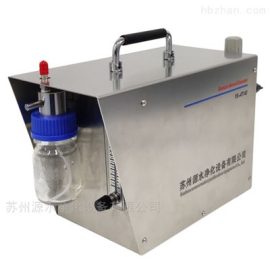How Agricultural Weather Stations Revolutionize Modern Farming Practices
How Agricultural Weather Stations Revolutionize Modern Farming Practices
Modern farming increasingly relies on technology for efficiency and sustainability. Among these innovations, agricultural weather station systems stand out as essential tools. These stations collect real-time environmental data, enabling farmers to make informed decisions and optimize crop management.
Key Features and Benefits
Agricultural weather stations monitor parameters like temperature, humidity, rainfall, wind speed, and solar radiation. This data supports precision agriculture, helping to reduce resource waste and increase yields. For example, irrigation can be scheduled based on actual weather conditions, conserving water and energy.
Common Questions Answered
What is an agricultural weather station?
It’s a system of sensors that tracks environmental factors affecting farming, providing data for better crop management.
How does it improve farming?
By delivering accurate forecasts and historical trends, it aids in pest control, irrigation planning, and frost prevention, enhancing overall productivity.
Take Action Today
Ready to boost your farm’s efficiency? Explore advanced agricultural weather station solutions and transform your practices. Start optimizing resources and maximizing output now!

